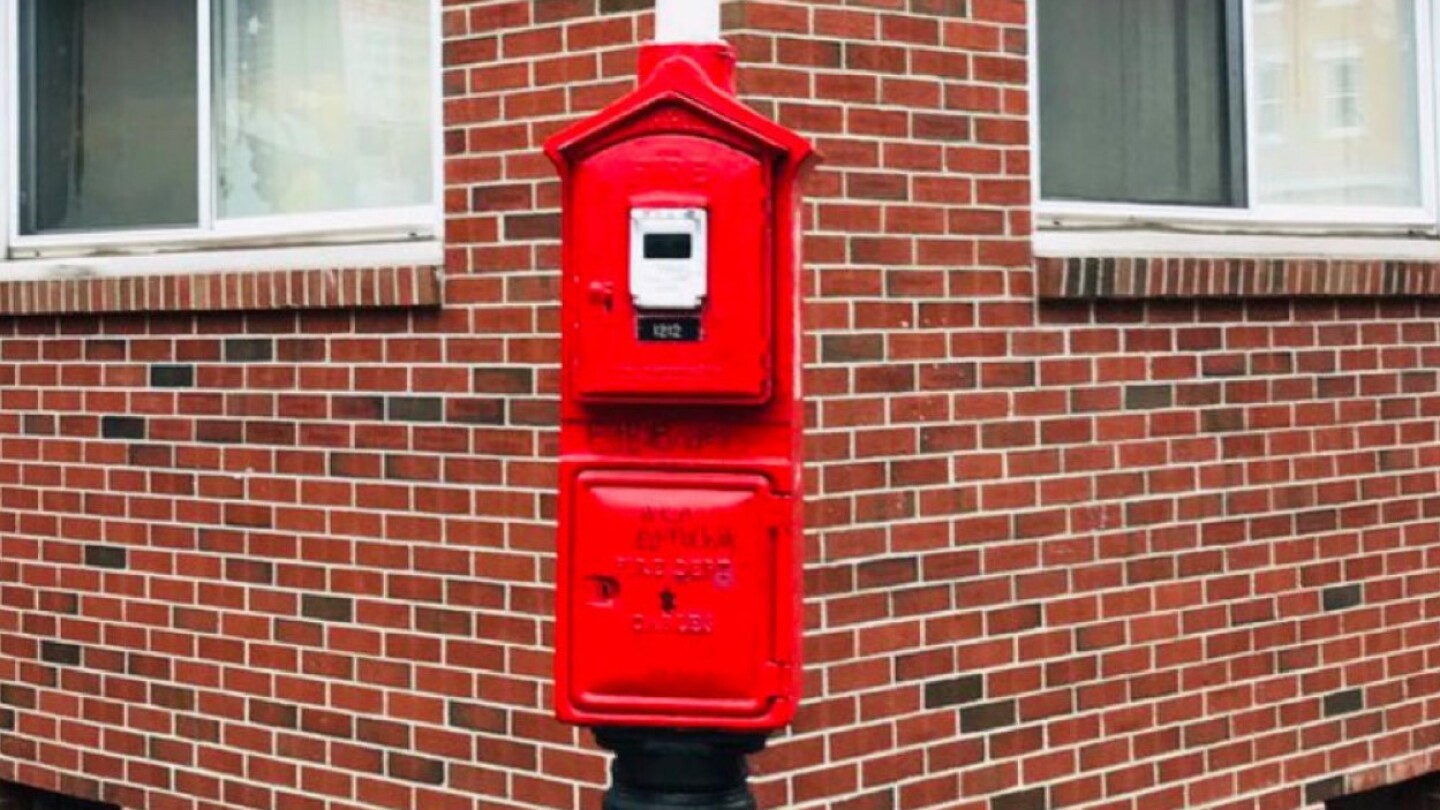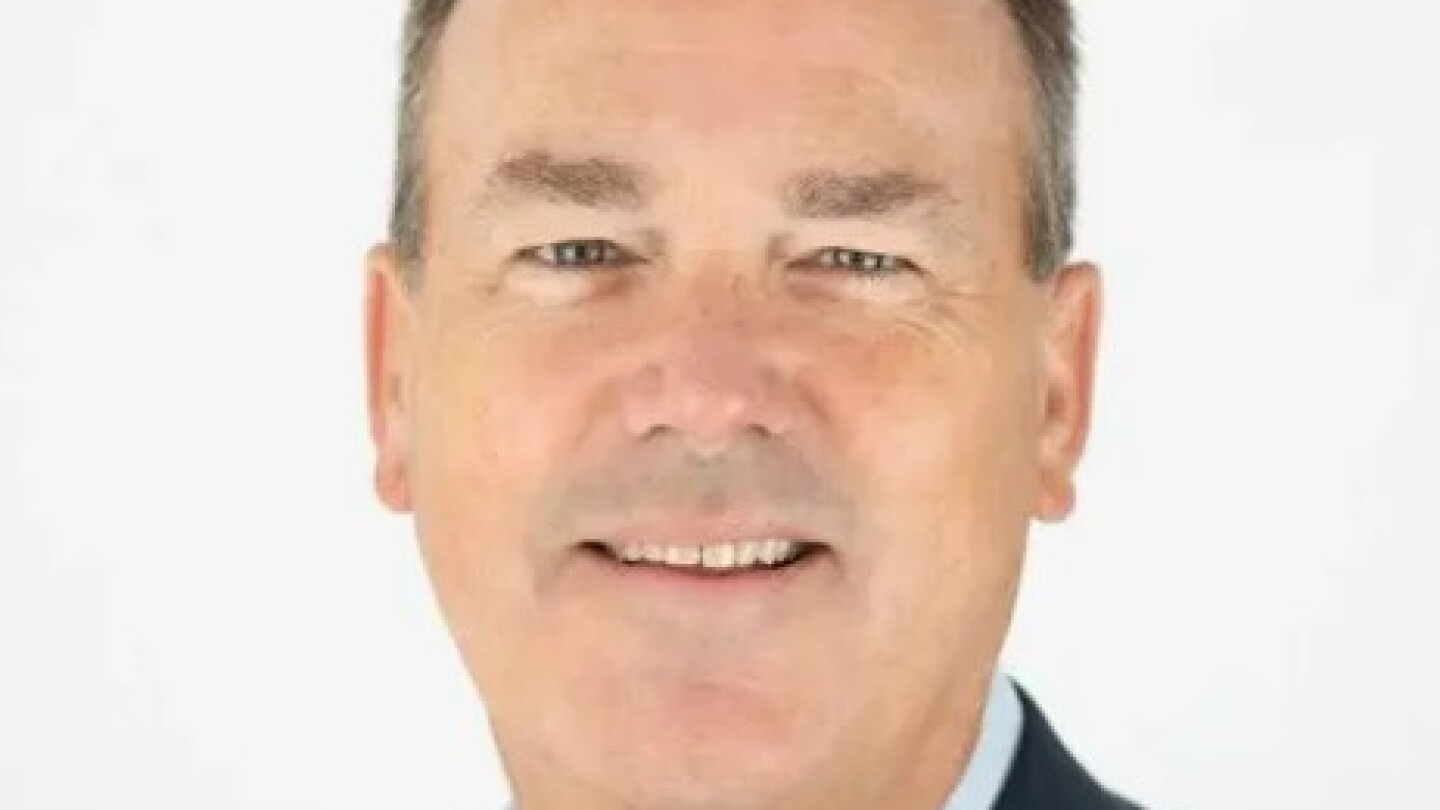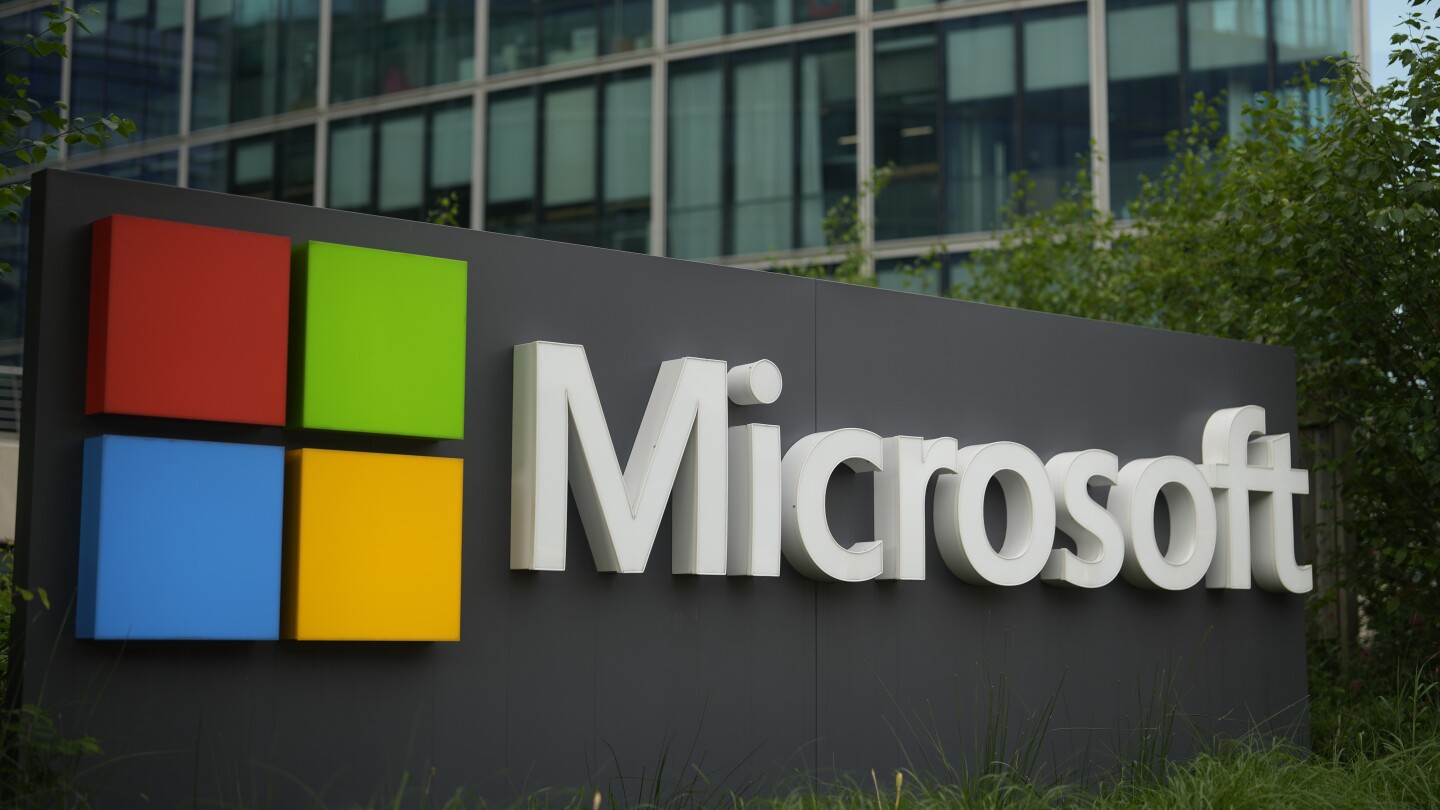Communications and Interoperability
The communications and interoperability resource page is designed to help firefighters keep up with the latest communications gear and best practices in mutual-aid and interoperability.
The red fire alarm boxes found on street corners continue to be valuable, especially during 911 outages, even 100 years later
Brian Webster, CEO of Kestra Medical Technologies, brings significant healthcare expertise to Pulsara’s Board of Directors
Dispatch centers across the country reported disruptions due to the Microsoft 365 outage, including having to write 911 calls on paper to share with first responders
The $216,000 in federal grant money will go to the purchase of radios
Future public safety communications will use those ubiquitous cell phone towers, but will operate on channels that can’t be clogged with traffic by regular cellular users in an emergency
SwitchplusIP LTE Pico-Cell Cellular Interface Unit may be cooler than the C-OTM unit, and that’s saying a lot
Neighbors reported not being able to hear fire alarms when the blaze broke out
A Public Saftey Building telephone failure left responders without a vital telephone service
Jovan Belcher’s mother can be heard begging for an ambulance
Victims begged 911 operators for help
Gone are the static-filled shortwave-like radios and crystal-powered scanners; key the mic today and the entire world listens
The two Atlanta police officers searching for a missing child were killed in a crash earlier in Nov.
After a funding spat, the Jefferson Parish firefighters will no longer use the parish’s backup radio network
Charges that duplicate calls had responders unable to respond to real emergencies
Since 2001, the program has dropped hoax calls from 1 per day to 1 per month
The reported agreement to link dispatch systems still sees crews logging slower response times
Dedicated broadband for emergency responders is still years away, but there is technology available to boost your communication
Cross-platform, interoperable communication is no longer reserved for fire departments with deep pockets
The opportunities 4G presents allows agencies to move forward from outdated technologies and concepts toward new user-friendly, efficient and interoperable communications
Like any other fireground operation, radio communication takes forethought and practice in realistic settings
According to the LAFD, dispatchers cannot simply send units to a particular call, even if it is obvious from the caller that serious help is needed immediately
The fire department has experienced multiple radio outages
Interoperable dispatch system trims 40 seconds off fire and EMS response time
The dispatcher kept the girl on the line and gave her life-saving directions until fire crews arrived
New technology processes seemingly unlimited information in an instant, yet our brains do not
Call center dealt with more than 400 calls after the initial quake; no injuries or major damage was reported
While some fixes are in place, more still needs to be learned on how best to communicate disaster information to large sections of the public
Medics could not reach the man in the record setting snow storm
The study raises concerns on time-consuming scripted questions dispatchers must ask before giving CPR instructions
Headset communication systems are no longer considered a luxury but a necessity for a fast-growing number of fire/EMS first responders
Many Mass. businesses want restitution for being forced to buy more expensive alarm systems




